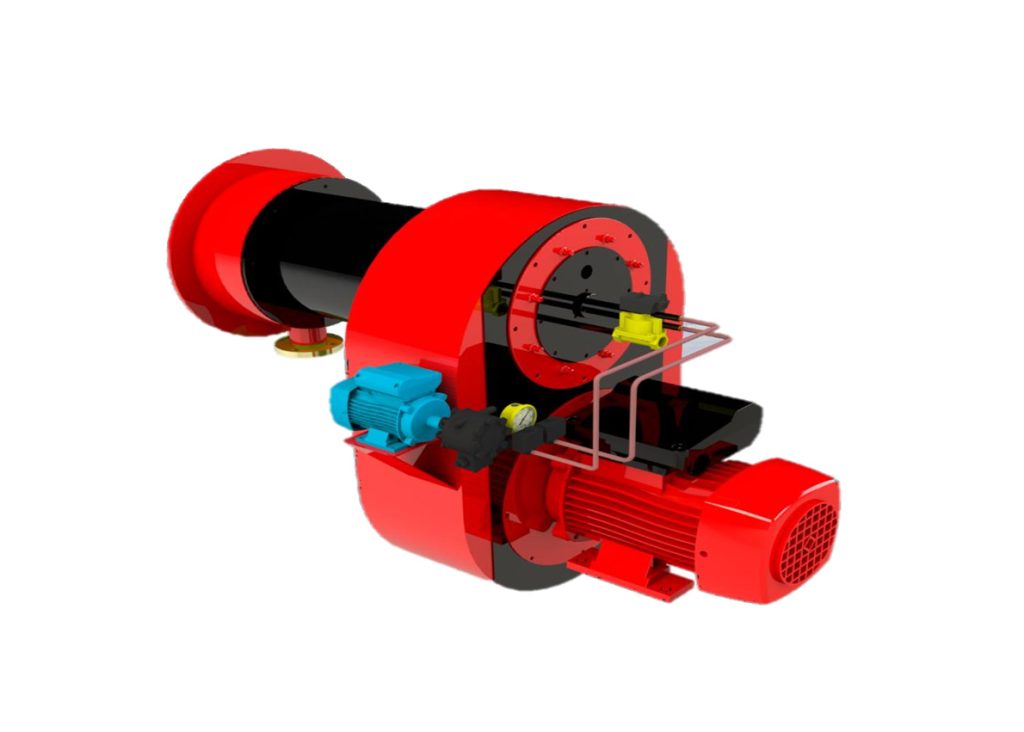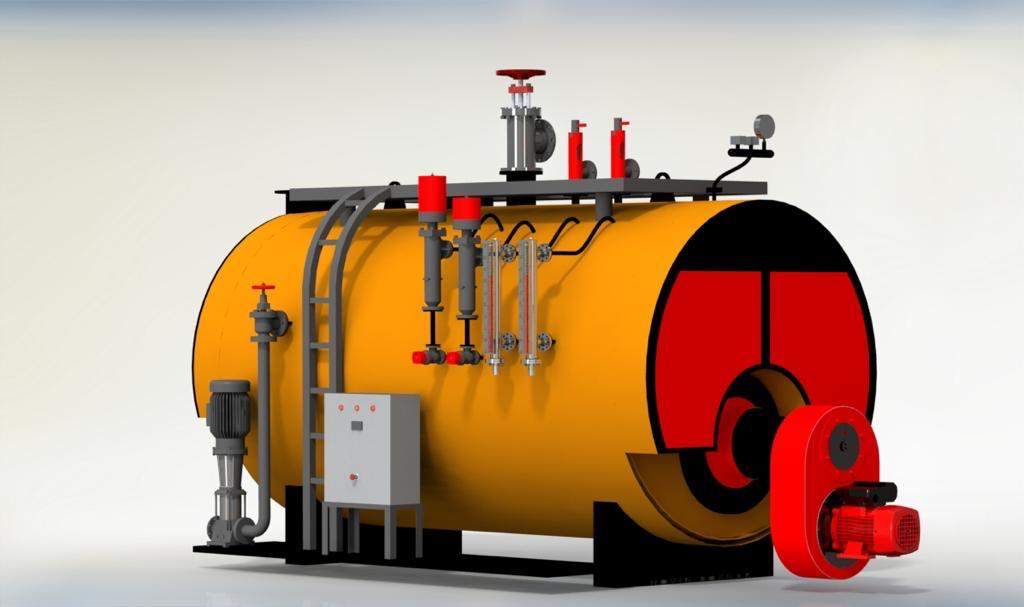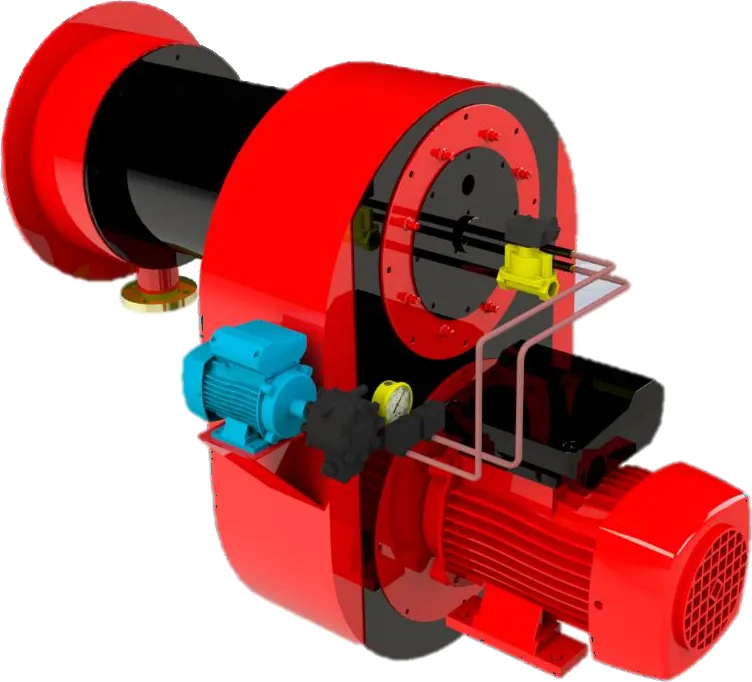Both steam boilers and hot oil boilers are types of boilers, but their main difference is in the fluid used to transfer heat. A steam boiler uses water to produce steam at high pressure and temperature, while a hot oil boiler uses special oil as the thermal fluid to transfer heat.
Boiler:
Fluid: Water is used as the heat transfer fluid.
Production: Produces steam at high pressure and temperature.
Application: Mainly used in large industries to produce steam and transfer heat to various industrial processes.
Advantages: High efficiency, high pressure and temperature steam generation, high capacity.

Hot oil boiler:
Fluid:
Special oil is used as the heat transfer fluid.
Production:
Produces indirect heat at high temperatures (without steam).
Application:
It is used for indirect heating at high temperatures in various industries and heating systems.
Advantages:
Greater safety at high temperatures, no freezing, no need for ventilation, no corrosion and deposits in the system, requires less maintenance.
In short:
| Feature | Boiler | Hot oil boiler |
| Fluid | Water (steam generation) | Special oil (heat generation) |
| Temperature and pressure | High temperature and pressure | High temperature, low pressure (usually) |
| Application | Steam generation in large industries | Indirect heating at high temperatures |
| Benefits | High efficiency, high capacity | More safety, no frost, less maintenance |
| Disadvantages | Further storage, risk of frostbite | Lower efficiency, limited high steam production |
| Applications | تولید برق ، گرمایش صنعتی فرآیندهای شیمیایی | Industrial heating, manufacturing processes |

Choosing between a steam boiler and a hot oil boiler:
It depends on the specific needs of each industry and heating system.




